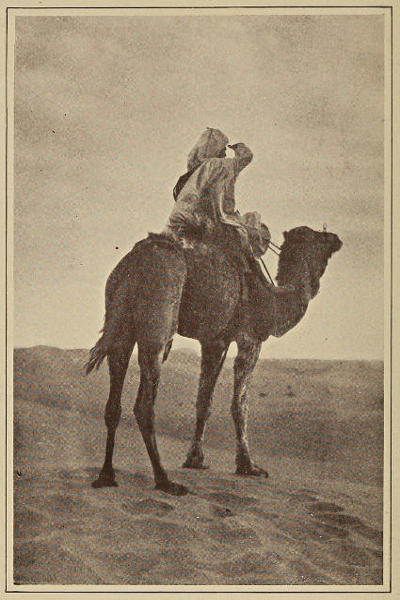On October 5, 2020, the English-language arm of the Saudi Arabian news outlet Al Arabiya, published an extensive interview with Prince Bandar bin Sultan on issues regarding the Palestinians. Prince Bandar bin Sultan served as the Saudi Ambassador to the United States from 1983-2005, Secretary General of the National Security Council of Saudi Arabia from 2005-2015, and in that latter period served for two years as the top intelligence official in Saudi Arabia. His remarks offer a very interesting perspective from the Saudi point of view on their frustration with the actions of the Palestinian leadership over more than eight decades, and are perhaps a harbinger of things to come in the Middle East. For those reasons, I certainly encourage you to read the long and interesting interview in full. Here, however, I will focus on one humorous passage from the interview for a brief article.
Saudi Arabia and several of its Gulf allies have been locked in a very public dispute with their fellow Gulf monarchy, Qatar, for several years now. The issues are too varied and complex for a brief article, but suffice it to say, the Saudi Arabian leadership’s view of the current government of Qatar is not as high as it could be. Qatar was not a focus of the instant interview with Prince Bandar bin Sultan, only making a single appearance. In the midst of his long list of grievances with the Palestinian leadership, the Prince questioned the decision of the Palestinian Authority to go on the rhetorical warpath against its Arab allies and benefactors in the aftermath of the United Arab Emirates and Bahrain normalizing diplomatic ties with Israel. In so doing, he criticized the conduct of Iranian and Qatari media, in particular Qatar’s Al Jazeera, which the United States Department of Justice recently ordered to register as a foreign agent. The Prince segued from his critique of Iranian and Qatari media to offer his opinion of Qatar:
Qatar, to be honest, is on the margins. The Qatari people are our dear and beloved brothers. The state, however, is not worth a mention or reaction whatsoever. The best thing to do is to ignore it. Surely, you all know that they say ticks can drive camels mad. That is true, but my brothers and sisters, ticks are ticks and camels will always be camels, and that sums it up from my point of view.
Prince Bandar bin Sultan to Al Arabiya
The passage is charming because upon hearing the example using camels and ticks, one could readily narrow down the possibility of where the speaker is from. Here, Saudi Arabia is the camel, Qatar is the tick, and no matter how much a tick may annoy a camel, one would still prefer and rather be a camel. From this expression we learn nothing new about the Saudi royal family’s view of the Qatari government, but it does make for a snappy passage.
